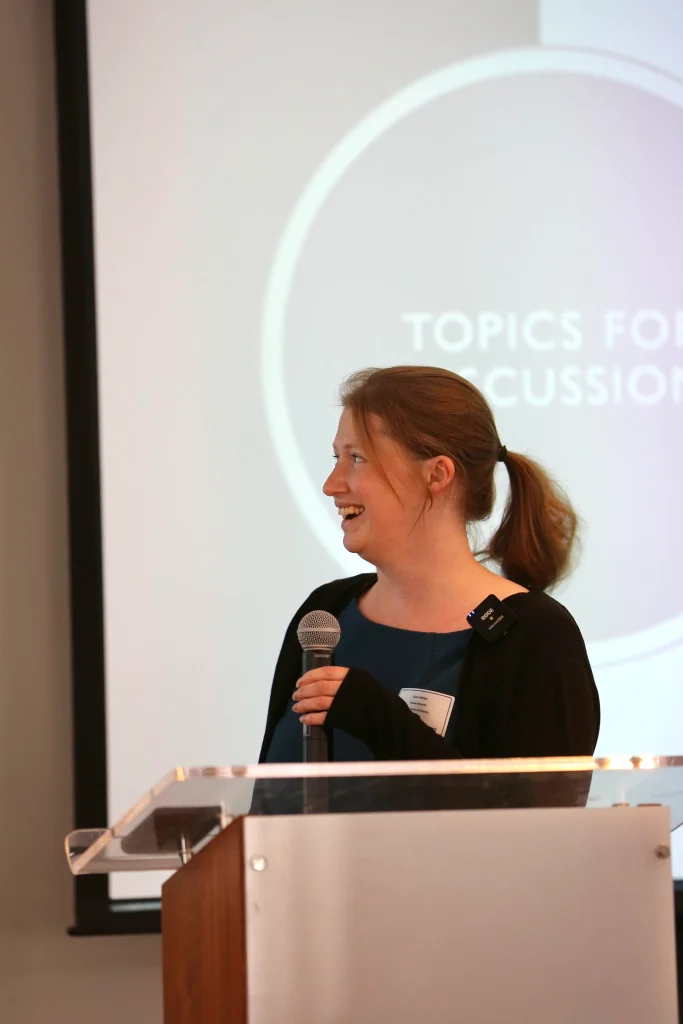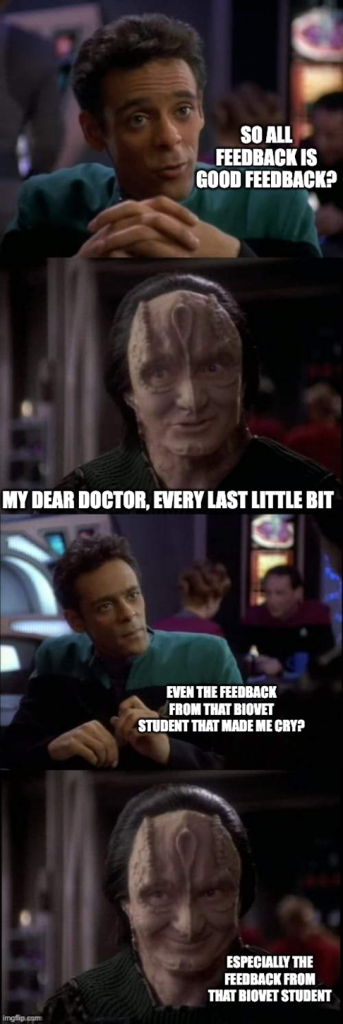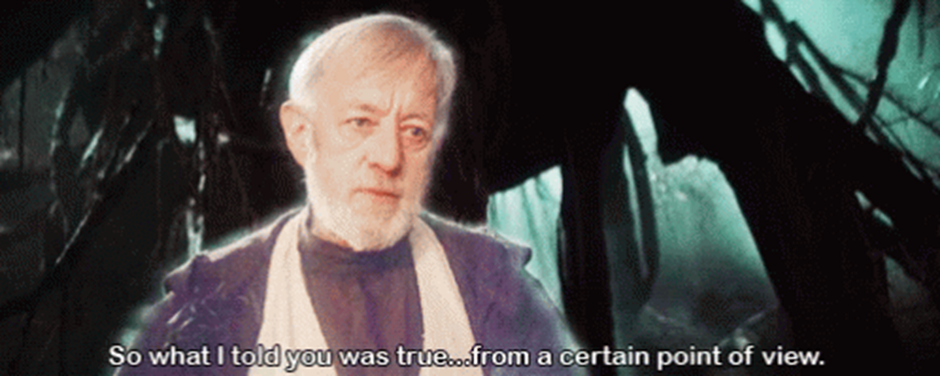I am currently away enduring the heat of Houston, Texas, at the American Society of Microbiology annual conference. Hopefully, I will find lots of lovely inspiration whilst I’m here to share with you all. In the meantime, and whilst jet lag is kicking my ass, the wonderful Dr Claire Walker has swooped in and saved me by writing another awesome guest blog.
Dr Walker is a paid up member of the Dream Team since 2013, token immunologist and occasional defector from the Immunology Mafia. Registered Clinical Scientist in Immunology with a background in genetics (PhD), microbiology and immunology (MSc), biological sciences (mBiolSci), education (PgCert) and indecisiveness (everything else). Now a Senior Lecturer in Immunology at University of Lincoln. She has previously written many great guest blogs for The Girlymicrobiologist, including one on the transition from lab to academia.

So, the other night before a conference @girlymicro and I were sat in a hotel bar, drinking martinis and listening to me bemoan some fairly harsh feedback I recently received anonymously from a student in the form of the oft dreaded ‘Module evaluation feedback form’. The conversation went a little like the Deep Space 9 meme of Julian and Garek that’s doing the rounds – you know the one….
I love the internet. Meme generators entertain me no end.
Back to the story, I was complaining and @girlymicro, quite rightly, reminded me of two important facts. One, all constructive feedback is always useful even if we don’t particularly like hearing it. And two, not everyone is going to love us even if we really, really want them to.
I went to bed reflecting on this conversation and my poor feedback. Constructive critical feedback is a powerful tool for growth, yes it stings a little at the time, but when we take time to reflect can we see why we received it? This particular individual found me to be blunt and rude, and in honesty, in this specific instance I would say they aren’t totally wrong. This year, my decision to support University College Union strike action prevented me from giving the first lecture of my module. I use this lecture not only to introduce myself and describe the content of the module, but to set the expectations for behaviour in my classroom. I’m what has been described by my friends and colleagues as ‘old school’, and this makes me something of a marmite individual for students. I want to provide a safe space for discussions, and I cover a lot of triggering subjects. I have no time for disruptive behaviour that detracts from the groups collective learning experiences, and I have a low threshold for calling students out on this. Am I blunt? Probably. Could it be perceived as rude? Absolutely. Without these early conversations the students this year weren’t aware of my expectations and thus my behaviour had no context. Does this make the feedback fair? Possibly. In my honest opinion when you come to a place of learning you put your phone down and respect the teacher as well as your fellow students, and at University level teaching you shouldn’t need to be reminded of this. However, what I’ve learnt is just how important those conversations are, and I will be having them come hell or high water next year.
Girlymicro’s second point also gave me pause for thought. Not everyone is going to adore me. My teaching style isn’t guaranteed to work for everyone. So after finishing my martinis I returned to my feedback and applied the Pareto Principle. The Pareto principle asserts that 80% of outcomes result from 20% of causes. When I view negative feedback through the lens of the Pareto principle, I see that a significant proportion of this feedback comes from a small percentage of students. And the same is true of the positive feedback. Understanding this principle lets me focus on how I can direct my efforts to addressing their concerns specifically and prioritise improvements across my teaching to make meaningful change. However, it’s also crucial to recognise the silent majority the 80% who are, apparently, content enough not to provide an evaluation of the module. A major overhaul probably isn’t necessary, but there are tweaks to be made to make the content work for everyone.
Finally, I reflect on the words of wisdom from the great Obi Wan Kenobi himself:
“ You’re going to find that many of the truths we cling to depend greatly on our own point of view.” / “The truth is often what we make of it; you heard what you wanted to hear, believed what you wanted to believe.”
My ‘truth’, my point of view has been that my teaching style is interactive and engaging, and certainly some of my students share this opinion. But this isn’t everyone’s point of view and through receiving feedback I am able to see the opinions of those individuals that differ from my own. I often say that teaching is an iterative process, dependent on a cycle of reflection and growth. I may enjoy a particular style of lecture but if it’s not working for the majority, I have to put it down and build something new. Based on both the negative and positive comments, I have been able to introduce more lab sessions, simulated clinical experiences and data analysis workshops to my modules, and move away from traditional didactic teaching. Yes, it’s more work over the summer but hopefully this will lead to a significant improvement in the learning experience of my students. Who knows? Hopefully that quiet 80% like the changes. Either way I’ll await my next critique and take it from there.
TLDR: You can’t win ‘em all. But you can have a lot of fun with meme generators.
All opinions in this blog are my own




[…] Dr Walker is a paid up member of the Dream Team since 2013, token immunologist and occasional defector from the Immunology Mafia. Registered Clinical Scientist in Immunology with a background in genetics (PhD), microbiology and immunology (MSc), biological sciences (mBiolSci), education (PgCert) and indecisiveness (everything else). Now a Senior Lecturer in Immunology at University of Lincoln. She has previously written many great guest blogs for The Girlymicrobiologist, including one on turning criticism into a catalyst for change. […]
LikeLike